Music has enchanted humanity for centuries, resonating with our emotions, providing an outlet for cultural expressions, fueling our inspiration as we work toward life aspirations, and providing a soundtrack to milestones and everyday events. Undoubtedly, music has held this power over us because of the creative minds behind it, offering a sense of human connection to the listener. The thought of losing that connectivity to Artificial Intelligence (AI) has rightfully frightened many and caused creators, critics, and fans to reject its use in an art form we've held dear for so long.
Most trending headlines focus on AI as a substitute for human creation, which can contribute to the decline of quality music while tarnishing artistic reputations. We've seen offenders use it to create inauthentic songs, siphoning streaming revenue from those who deserve it. Music labels have fought to remove tracks from fake Drake, The Weeknd, Frank Ocean, Eminem, and more. Famed producer Timbaland posted a video touting his ability to "collaborate" with the late Notorious BIG, prompting an ethics debate about using AI to create songs that may not have happened without its use. An additional area of concern is ensuring that artists whose work is used to train AI models are fairly compensated, as the derivative would not exist without their creation.
The Recording Academy is aware of the potential for abuse, so they introduced a new rule stating that music created exclusively by AI will not be eligible for Grammy Awards. The use of AI isn't entirely banned, but now to be nominated, creators have to contribute to at least 20% of an album. This year, AI voice clones cannot win awards even if they have permission. However, if a human songwriter created the music for a song with AI vocals, they can still receive an award for their compositions. Additionally, if a human artist performs a song that was written by an AI algorithm, they can be considered for an award. The announcement has prompted some to call for a complete ban on its usage to receive a GRAMMY, drawing the comparison to athletes using performance-enhancement drugs.
While all these things deserve the media attention they've received, AI's potential extends beyond writing lyrics, composing melodies, or generating harmonies. Here are some of the many uses for AI with human creativity without replacing it:
Music Copyright and Content Identification
AI algorithms can scan and compare music compositions to detect copyright infringement. YouTube, SoundCloud, and similar platforms utilize AI-based content identification systems to protect musicians' rights and ensure proper licensing.
Music Marketing and Audience Insights
AI analytics tools can analyze data from social media, streaming platforms, and online communities to gain insights into audience demographics, engagement, and preferences, helping artists, labels, and promoters make informed decisions about marketing strategies and audience targeting.
Audio Separation, Improvisation, and Remix Capabilities
AI tools can isolate vocals and individual instruments, enable metronome counts, and detect and display the BPM and chords in real-time. Musicians can then easily adjust the speed, or change the pitch, to meet their vocal range.
Music Transcription and Analysis
AI algorithms can transcribe audio recordings into sheet music or MIDI files, allowing musicians to study and analyze performances more easily. This can be useful for educational purposes and music-making collaboration.
Sound Analysis and Classification
AI can analyze audio data to identify patterns, classify music into genres or moods, and extract meaningful information. This facilitates music cataloging, playlist curation, and a better understanding of listeners' preferences.
Music Recommendation and Personalization
AI algorithms can analyze user preferences, listening habits, and contextual data to offer personalized recommendations on streaming platforms like Spotify, Apple Music, and Pandora. This lets users discover new artists and genres tailored to their tastes.
Ultimately, the power of music to enchant and connect with humanity is undeniable. It has served as a profound source of emotional expression, cultural representation, and personal inspiration throughout history. While concerns about AI infiltrating the realm of music are valid, it is essential to recognize that AI's potential extends far beyond simply replacing human creativity. Certainly, the headlines highlighting AI as a substitute for human creation raise valid concerns. Instances of inauthentic songs and the misappropriation of artists' identities through AI-generated tracks have rightfully sparked debates on artistic integrity and ethical implications. However, it is crucial to move beyond these examples and consider the broader scope of AI's role in the music industry.
The true potential of AI lies in its ability to complement and enhance human creativity rather than replace it. As highlighted throughout this article, AI has immense value in areas such as copyright protection, content identification, and efficient music marketing. Its analytical capabilities empower artists, labels, and promoters to make informed decisions, understand audience preferences, and refine their strategies. AI's technical capabilities offer practical benefits to musicians. From audio separation and improvisation tools to transcription and analysis capabilities, AI can facilitate collaborative music-making, education, and experimentation. It empowers musicians to explore new sounds, enhance their performances, and overcome technical challenges. AI's contribution to music cataloging, sound analysis, and personalized recommendations has revolutionized the way we discover and engage with music. By analyzing vast amounts of data, AI algorithms provide tailored recommendations, allowing us to explore new genres, discover emerging artists, and curate personalized playlists.
While the concerns surrounding AI in music are valid, it is important to recognize the vast array of positive and constructive applications that AI brings to the industry. By embracing AI as a collaborative tool, we can leverage its potential to amplify human creativity, enhance the listener experience, and open doors to new musical possibilities.
In conclusion, as we navigate the evolving landscape of AI in music, it is crucial to approach it with caution, ethical considerations, and a focus on preserving the authenticity and integrity of artistic expression. By embracing the opportunities AI offers while upholding the values that underpin music's enchantment, we can forge a harmonious relationship between technology and the timeless art form that has captivated us for centuries.
More on AI in music
- Art
- Independent Labels
- Internet Radio
- Music Documentaries
- Album Reviews
- Music History
- Music Industry News
- Free Game Friday
- Free Downloads
- Poetry
- Books
- Interviews
- Did You See It?!
- Hip Hop History
- Hear Here
- Music News
- Hip Hop Documentaries
- Music Marvels Radio Show
- Think Piece Thursday
- Mini Documentaries
- Instrumental Intel
- Music Humor
- Indie Analysis
- Conversations & Quotables
- Music
- Resources for Artists
- Podcasts
- Beats/Instrumentals
- Music Education
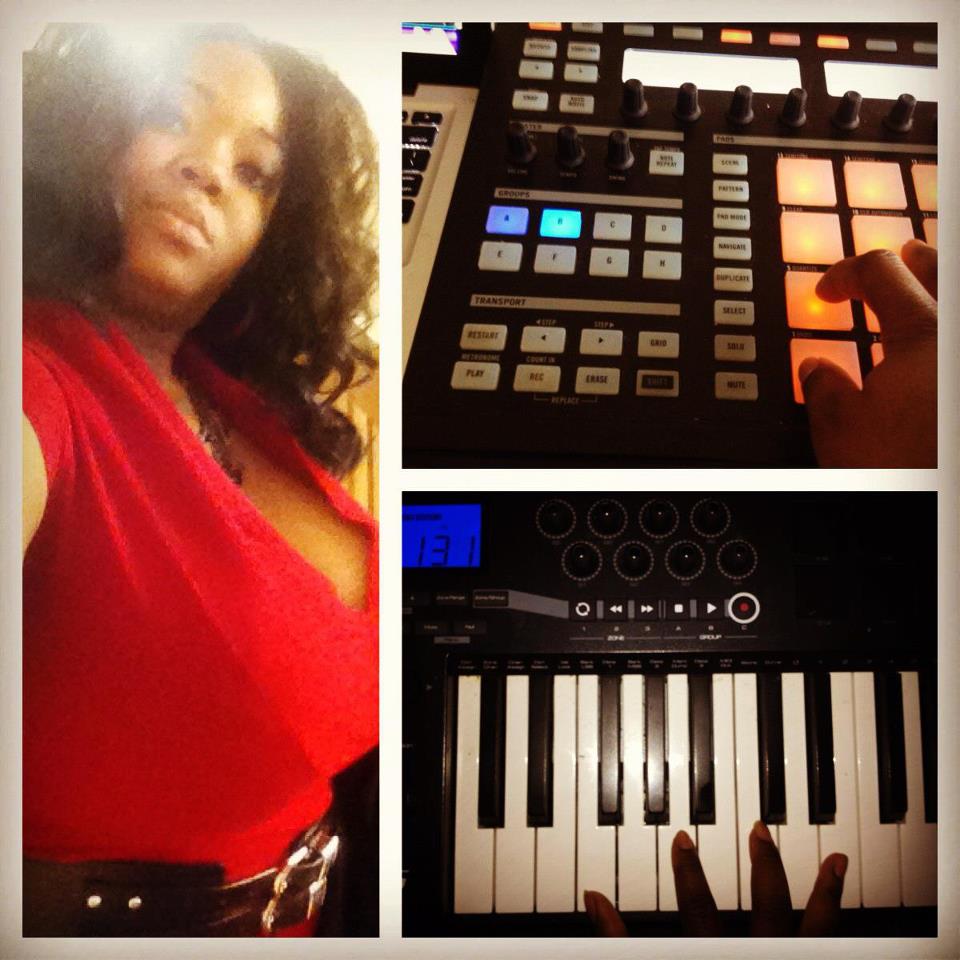







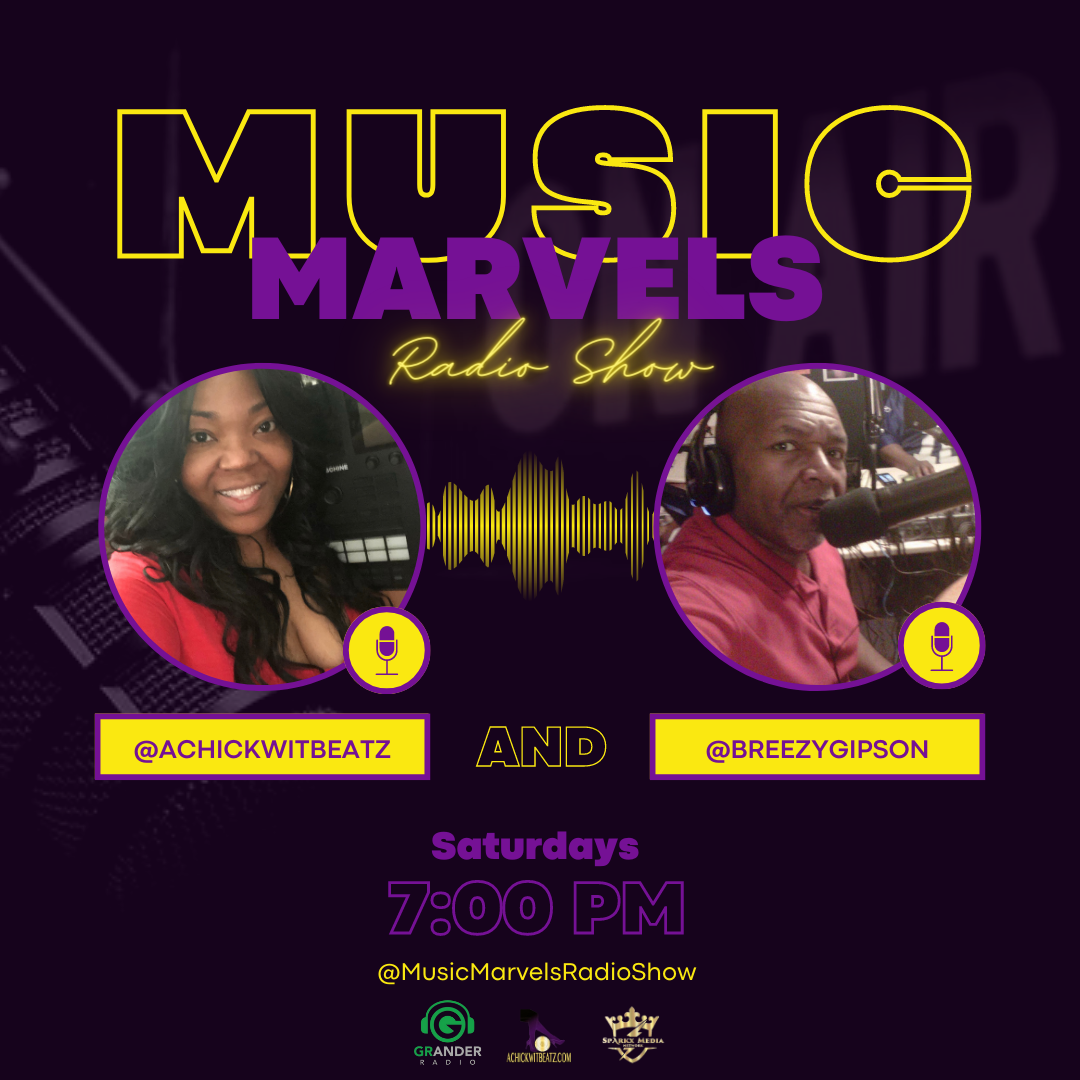
![Hear Here: Achickwitbeatz - Dopamine & Serotonin [Single]](https://images.squarespace-cdn.com/content/v1/52b0b90ae4b0293bfed0d692/1710852808557-EZYGFDIBHLBSIRFOVS1Q/Dopamine+%26+Serotonin.JPG)


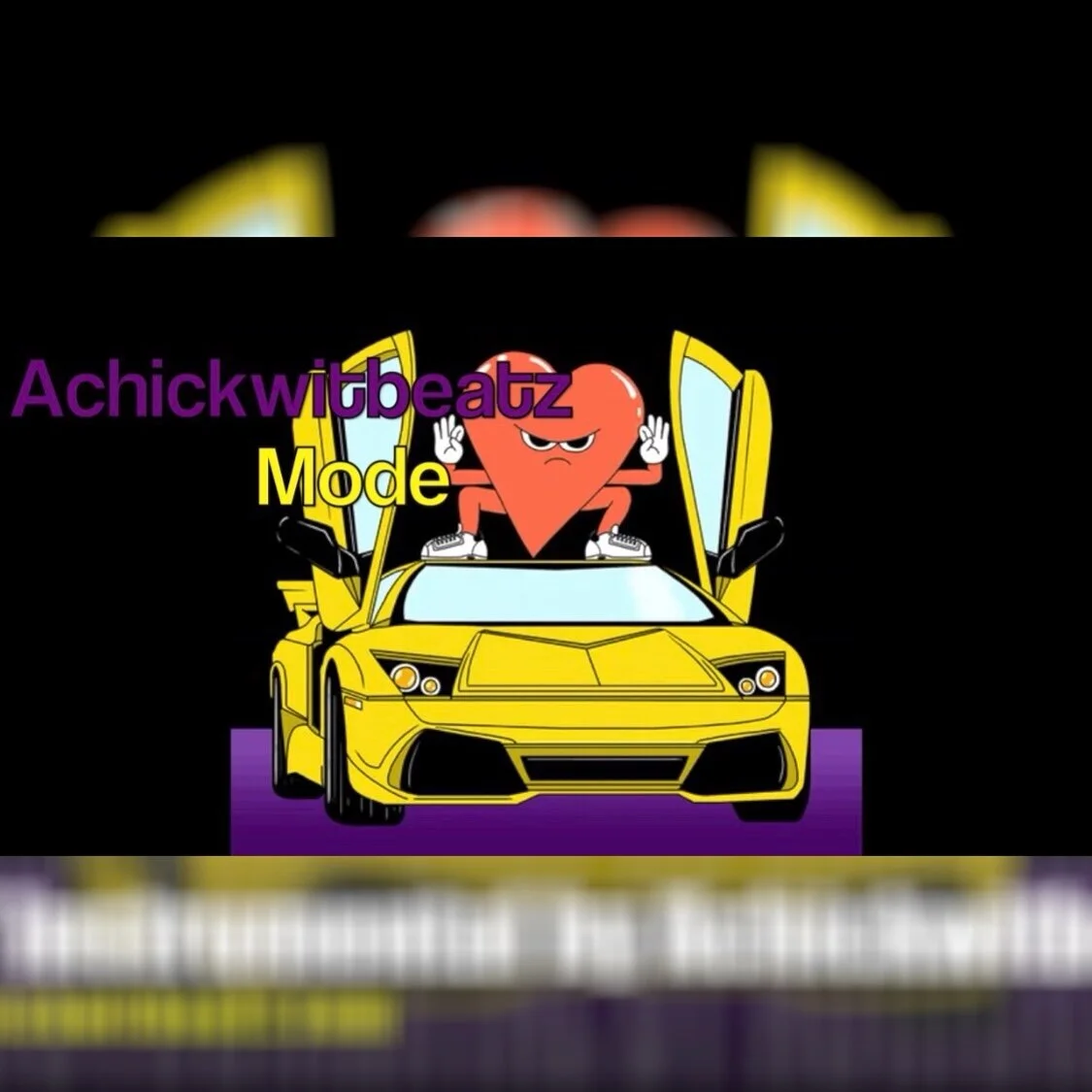
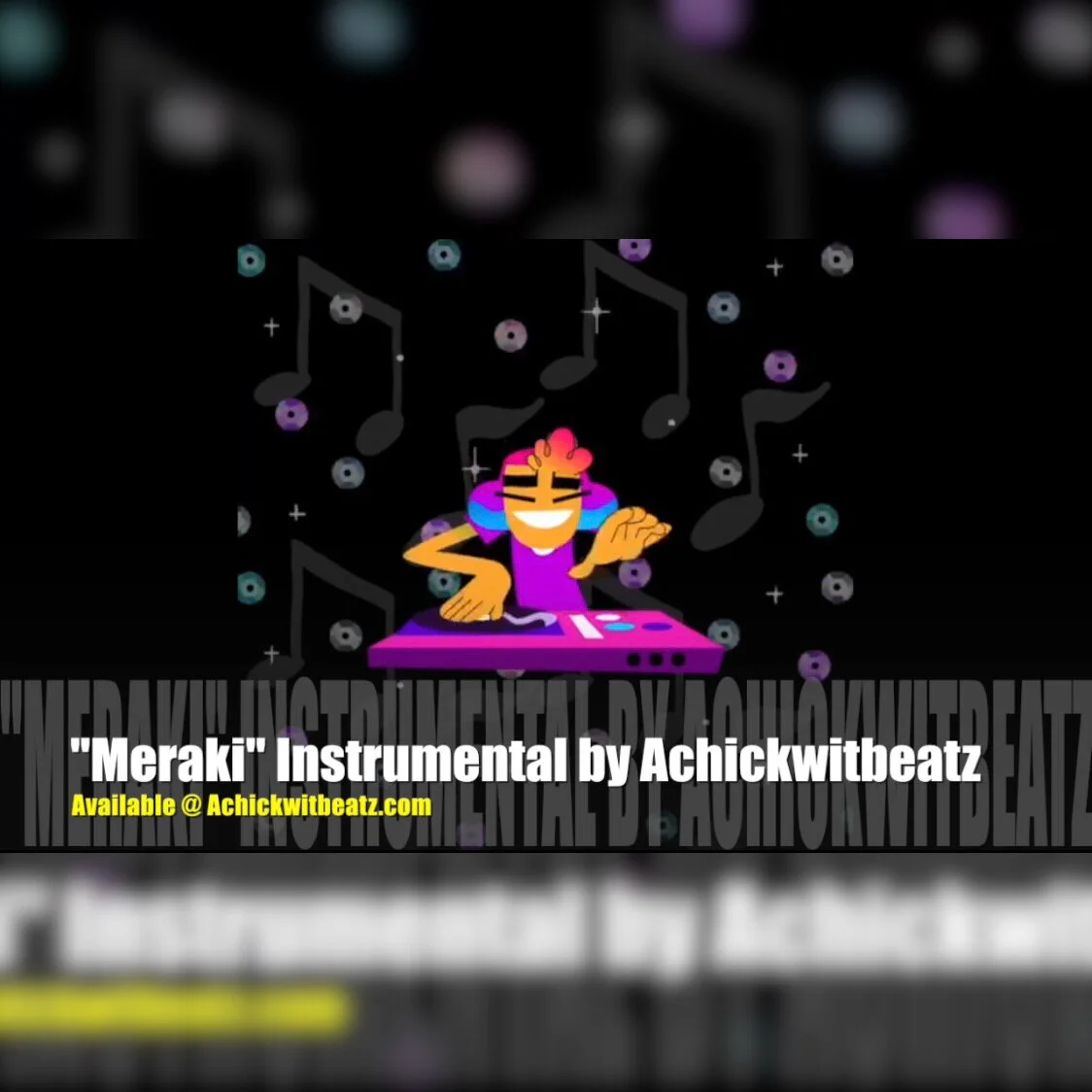





![Hear Here: Dagga Man- "Analytics" [Prod. by Achickwitbeatz]](https://images.squarespace-cdn.com/content/v1/52b0b90ae4b0293bfed0d692/1584638158548-9R55AZLWZIDFJC8LATV6/IMG_2212.JPG)







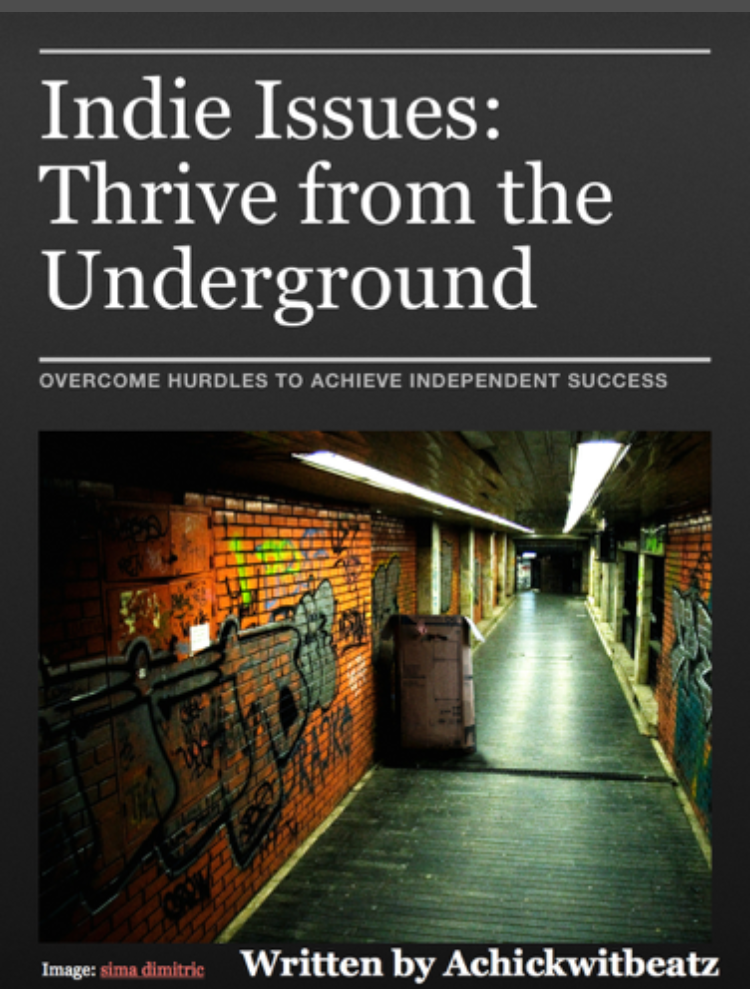
















![Making Music on a Budget [Infographic]](https://images.squarespace-cdn.com/content/v1/52b0b90ae4b0293bfed0d692/1582844361438-3JTE5NT3EL51FHXC0WJI/making-music-on_1929722%25281%2529.jpg)



